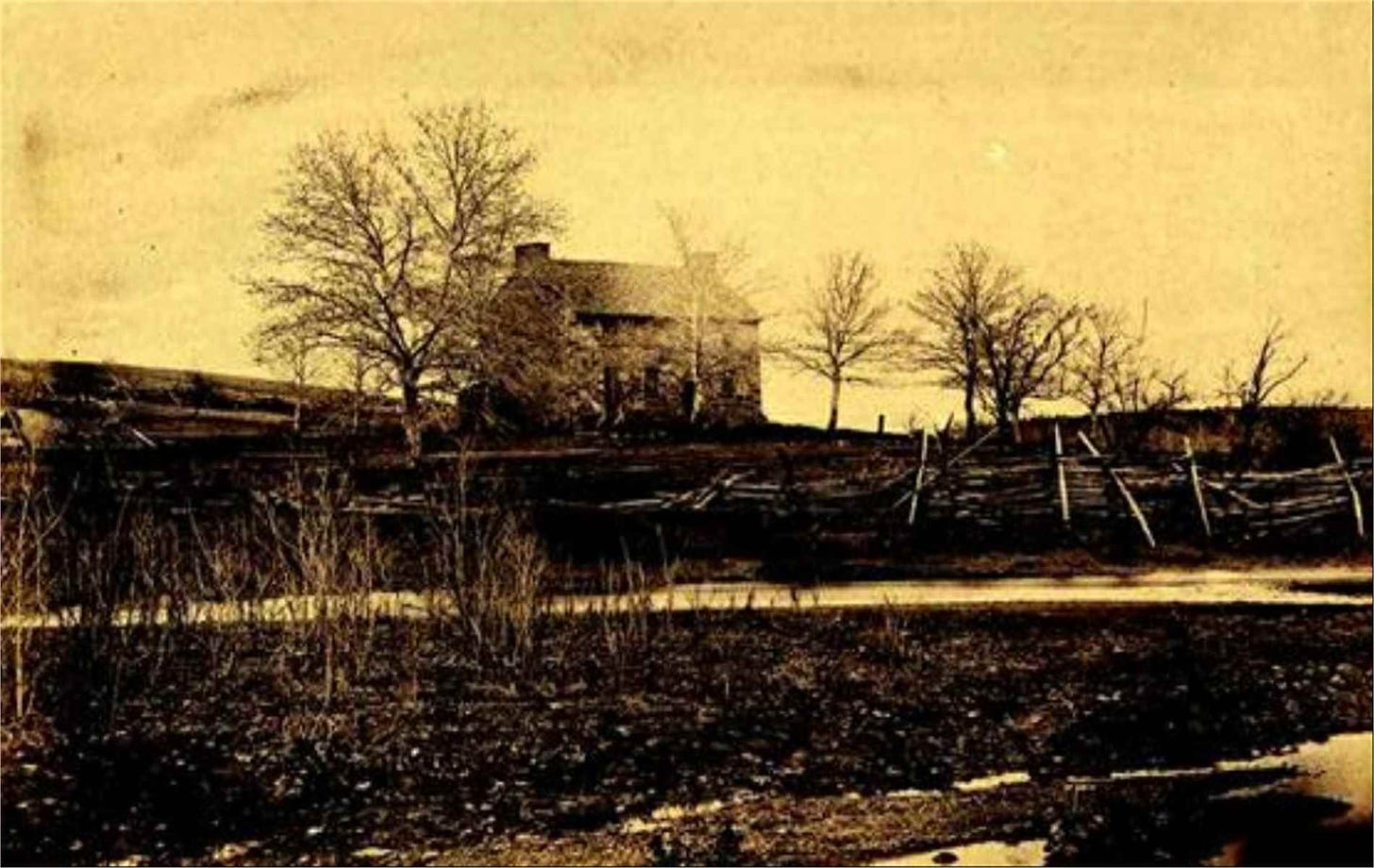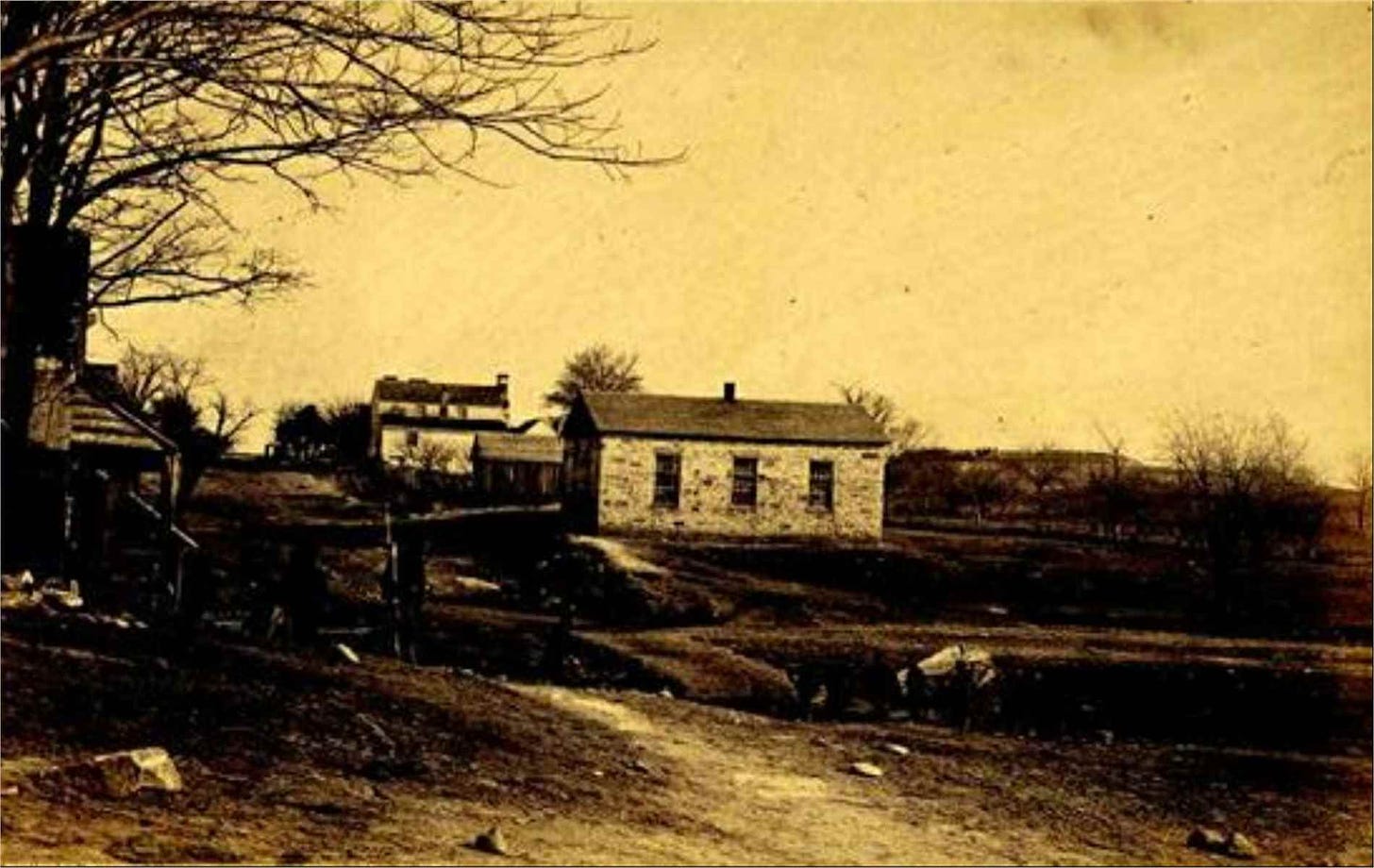Politically We’re Closer to 1850 then 2050
From 1845 to 1865, America operated under the concept of Manifest Destiny as put forth by John L O’Sullivan when in 1845, he wrote, “…the fulfillment of our manifest destiny to overspread the continent allotted by Providence for the free development of our yearly multiplying millions”.

Although originally written as a defense in the argument for admitting Texas into the Union, the article laid the foundation for justification of government actions that consequently had a negative effect on those who fell outside of the White Anglo-Saxon Protestant group. By 1850 one outgrowth of this belief was the birth of a secretive society known as the American Order. The group stood firmly against Catholics, foreigners, and supported restrictions on immigration. They came to be known as the “National American Party’ or more commonly labeled the “Know-Nothing” political party.
In Texas, they were known as the “American Party” and as a whole they argued that any foreign-born citizen be barred from voting or holding public office. In Texas, the party was anti-Mexican, pro-slavery, and they pledged to vote only for native-born Protestants for public office. Anglo residents of Texas, especially those who belonged to the Know-Nothings, held deep seated racial and ethnic animosity towards Mexicans. This stemmed in part from the recent Mexican American war and the feeling that the Mexican population supported anti-slavery forces.
In 1855 the tension between Anglo and Mexican Texans exploded in what came to be known as the Cart War. In the mid-1850s, Mexicans and Tejanos had built thriving businesses bringing food and other supplies from the Gulf Coast to San Antonio. By using Oxcarts, they were able to move more freight faster than their Anglo counterparts. The Anglos, already resentful of having to share territory with the Mexican drivers, began to wreck carts, steal merchandise, and in several cases, murder the drivers. Things came to a head in 1857 when the violence became so prevalent with no reaction from local authorities that many felt that a campaign of death against Mexicans was underway. It was only resolved when the then Texas Governor Elisha M. Pease urged the legislature to create a militia to intercede. The violence was curtailed, but the Anglo citizens of Kearnes County, wanted the Mexicans put out of business, and resented having armed forces escorting the Mexican cart drivers. The emotions that spurred those actions then, are beginning to stir today

.
Surveying the political atmosphere of today, it is easy to see many of the beliefs of the Know-Nothings have become a part of the lexicon used by the Republican party. A demonization of migrants, especially when it comes to employment and jobs. Demands that citizenship be proven in order to register to vote, above and beyond anything ever before seen in the United States. Demands that Christian theology be taught in public schools, especially Evangelical Protestantism. Demands that states revert their health-care laws to pre-1900 standards. Demands that America pull-back from international cooperation into isolationism. The one issue that most clearly shows a desire to return to the 1850s, is the refusal to once and for all denounce attacks on the nation’s capital and a commitment to a peaceful transition of power.
Today’s Republican party has breathed new life into the Know-Nothings. As it happened in the 1850s, there is a refusal to compromise and reduce verbal tension. A possible outcome of this stubbornness will be to recreate what happened in the 1850s. The Know-Nothings split into two groups, members of the anti-slavery faction joined the Republican Party and pro-slavery members joined the Democratic Party.
One has to ask the question; will the Republican party survive as a single party or be ripped apart? Regardless of the outcome of its internal strife, members of the party appear determined to reset the calendar of the United States back almost 200 years to the 1850s. We all know what happened then.
